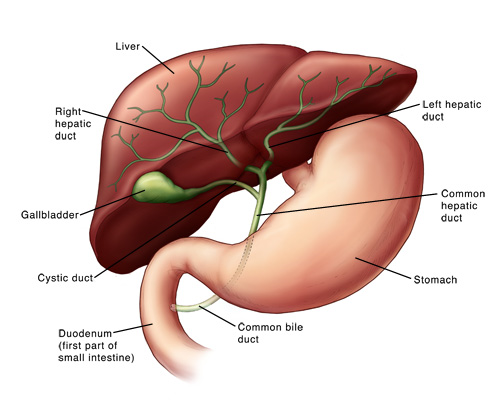Do I Really Need My Gallbladder Removed?
By Dr. Amber Elliott | Granite Mountain Surgery
If you’ve been told you may need your gallbladder removed, you’re probably asking the same question I hear from patients every week: “Is surgery really necessary?”
The short answer is—it depends. Let’s break down what your gallbladder does, what can go wrong, and how we decide if surgical removal (cholecystectomy) is for you.
What Does the Gallbladder Actually Do?
Your gallbladder is a small organ that sits under your liver. Its job is to store and release bile—a fluid that helps your body digest fat. While it plays a small role in digestion, the gallbladder isn’t essential. If it’s causing problems, it can be safely removed without long-term impact on your digestion or health.
What Causes Gallbladder Problems?
The most common issue is gallstones—small, hardened deposits that form in the gallbladder. Gallstones can block the flow of bile, leading to inflammation, pain, and even infection. Other causes include gallbladder dysfunction (when the gallbladder doesn’t empty properly) or gallbladder polyps.
Common symptoms include:
Pain in the upper right or middle upper part of the abdomen
Nausea or vomiting, especially after fatty meals
Bloating or gas
Do I Always Need Surgery for Gallstones?
Not always. If gallstones are discovered by accident and aren’t causing any symptoms, we may recommend a “watch and wait” approach. But if you’re having repeated pain, digestive issues, and/or signs of inflammation, surgery is usually the most effective and long-term solution.
In some cases, gallstones can lead to more serious complications like infection (cholecystitis), jaundice, or even pancreatitis. That’s why it’s important not to ignore ongoing symptoms—even if they come and go.
What Is Gallbladder Removal Surgery Like?
Gallbladder removal—called a cholecystectomy—is one of the most common surgeries performed in the country. This procedure is almost always performed using minimally invasive techniques (laparoscopic or robotic), which means:
Small incisions
Less pain after surgery
Faster recovery
Most patients go home the same day
What Happens If I Don’t Get It Removed?
If your gallbladder is causing ongoing symptoms, the problems are unlikely to go away on their own—and they may get worse. Over time, untreated gallbladder disease can lead to more frequent attacks, infections, and even emergency surgery.
In short: if it’s affecting your life now, it’s probably time to talk seriously about surgery.
Will I Be Able to Eat Normally After Surgery?
Yes—for most people, digestion returns to normal quickly. You may need to avoid heavy, greasy foods for a little while as your body adjusts. But long-term, most patients eat their normal diet and feel much better without the unpredictable pain or discomfort.
Bottom Line: Trust Your Symptoms, Ask Questions
Gallbladder removal isn’t always urgent—but it is often the best step toward feeling better and avoiding future complications. My job is to walk you through your options, explain what to expect, and help you make the decision that’s right for you.
Have questions about your gallbladder symptoms?
Let’s talk through what’s going on and whether surgery is the right next step.
📞 Call 208-386-0390 or visit granitemountainsurgery.com to schedule your consultation.


